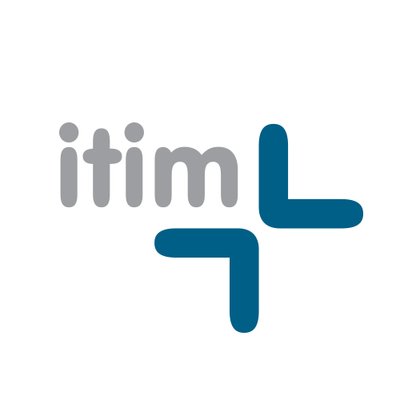AI is revolutionising e-commerce, transforming the way we shop online with enhanced personalisation and efficiency. The integration of AI is reshaping digital retail, offering tailored shopping experiences that cater to individual needs and preferences.
The e-commerce sector has seen significant changes due to AI. From the moment a customer visits an online store to post-purchase follow-ups, AI creates a seamless, personalised journey. Personalisation is one of AI’s most impactful applications in e-commerce. Machine learning algorithms allow online retailers to analyse vast data to understand customer preferences, behaviours, and purchase histories. This enables them to tailor product recommendations, content, and website layouts for each visitor. Amazon’s recommendation engine is a prime example, suggesting products based on browsing history and past purchases, significantly boosting sales.
AI also revolutionises product discovery. Visual search technology lets shoppers find similar items by uploading images, while AI-powered chatbots and virtual assistants provide product information and style advice. Burberry’s AI chatbot mimics the personalised service of an in-store stylist, enhancing the shopping experience.
AI optimises e-commerce operations through predictive analytics. Analysing historical data, seasonal trends, and external factors, AI forecasts demand accurately, helping retailers optimise inventory levels. Walmart uses AI to predict product demand based on various factors, ensuring they stock the right products and improve customer satisfaction.
Dynamic pricing strategies are another AI-driven innovation. AI algorithms analyse market conditions, competitor pricing, and demand patterns to adjust prices in real time, maximising sales and profitability. This approach, used by airlines and hotels, is now prevalent in retail e-commerce. For example, Best Buy adjusts its prices multiple times a day based on inventory levels and competitor pricing.
AI-powered customer service tools transform how e-commerce businesses interact with customers. Chatbots and virtual assistants handle inquiries 24/7, providing instant responses and routing complex issues to human agents. H&M’s virtual assistant helps customers find products and process returns, improving response times and allowing human representatives to focus on high-value interactions.
Marketing automation is taken to new heights with AI. By analysing customer data, AI segments audiences precisely and delivers targeted marketing messages. Sephora’s AI-powered system sends personalised product recommendations and beauty tips, significantly improving email open rates and conversions.
The future of AI in e-commerce promises more innovations. Voice commerce, powered by AI assistants like Alexa and Google Assistant, enables purchases using voice commands. Augmented reality experiences, enhanced by AI, allow virtual try-ons, reducing return rates and improving customer satisfaction. AI will also play a crucial role in supply chain optimisation, improving logistics and delivery times.
However, ethical considerations and challenges accompany AI’s benefits. Privacy concerns, data security, and potential AI bias in decision-making are issues that need careful navigation. Transparency in AI systems’ decision-making and data use is crucial for maintaining trust. Continuous education and training are necessary to ensure human employees can work effectively alongside AI systems.
AI integration in e-commerce represents a fundamental shift in online retail operations. By leveraging AI, businesses can offer unprecedented personalisation, optimise operations, and create intuitive, efficient, and satisfying shopping experiences. As AI evolves, it will bring new innovations, further blurring the lines between online and offline retail. However, e-commerce businesses must address ethical implications and challenges to harness AI’s full potential and stay competitive in the digital marketplace.
itim Group plc (LON:ITIM) is a SaaS-based technology company that enables store-based retailers to optimise their businesses to improve financial performance and effectively compete with online competitors. Itim adds retail value by helping multi-channel retailers optimise their business and their stores to improve financial performance and compete more effectively with the “Amazons”.


